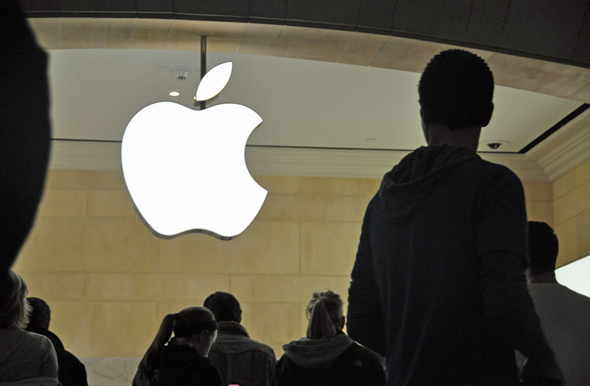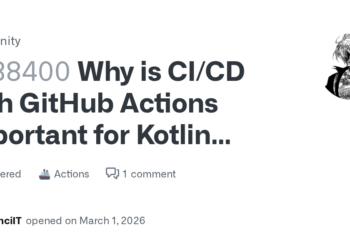Select Language:
Former Apple CEO John Sculley has recently voiced a significant warning about the company’s stance in artificial intelligence. In an interview, Sculley openly stated that OpenAI has become Apple’s first serious competitor in decades, emphasizing that AI is not Apple’s strong suit.
Apple’s performance in the AI race has notably lagged behind industry giants like OpenAI, Google, Amazon, and Meta, all of which are constantly rolling out new products and updates. Earlier this year, Apple postponed a comprehensive upgrade to its AI assistant, Siri, marking a setback in its AI development efforts.
Speculation is growing that Apple’s current CEO, Tim Cook, may be nearing retirement. Sculley highlighted that whoever succeeds him will need to steer Apple from the era of apps into the emerging age of intelligent agents—autonomous systems capable of handling complex tasks independently. This shift could significantly disrupt Apple’s existing business model.
Sculley also pointed out that AI-driven intelligent agents could revolutionize knowledge work, automating tedious tasks and prompting more tech companies to pivot towards subscription-based revenue models. Unlike traditional sales-focused models centered on applications and tools, subscription services offer consumers ongoing, flexible payments based on need, which Sculley views as a strategic advantage.
Recently, Apple’s former design chief, Jony Ive, attracted attention by appearing at OpenAI. Earlier this year, OpenAI acquired the startup founded by Ive for over $6 billion. Ive’s team is reportedly working on new devices aimed at solving long-standing issues with smartphones and tablets since their launch.
Sculley expressed high regard for Ive’s capabilities, suggesting that his collaboration with OpenAI CEO Sam Altman could lead to groundbreaking advancements in large language models and AI technology overall. This convergence of talent and technology underscores the rapidly evolving landscape of AI development, where the traditional tech giants face new competitive challenges.







